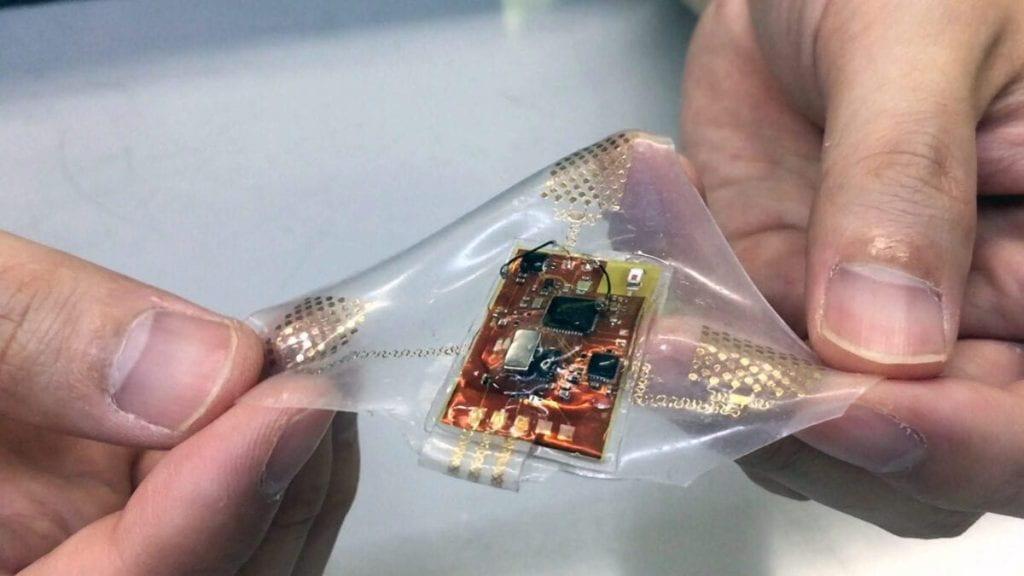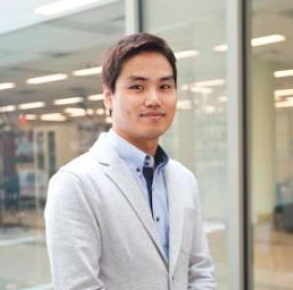New IEN Center to Research Wearable Technologies
Dec 05, 2023 —

A new research center in the Institute for Electronics and Nanotechnology (IEN) will help bring together human-centered bioelectronics technology research to improve human healthcare and expand human-machine interface technologies.
The Wearable Intelligent Systems and Healthcare (WISH) Center will work to push innovation in wearable sensors and electronics technologies. Focus areas of the center will include electronics, artificial intelligence, biological science, material sciences, manufacturing, system design, and medical engineering.
“We are excited by the promise of bioelectronics improving human health and all the exciting science engineering that is required to make it a reality,” said Michael Filler, interim executive director of IEN.
WISH is directed by W. Hong Yeo, associate professor in Georgia Tech’s George W. Woodruff School of Mechanical Engineering and the Wallace H. Coulter Department of Biomedical Engineering at Georgia Tech and Emory, and Yuhang Hu, associate professor in the School of Chemical and Biomolecular Engineering at Georgia Tech.
“I founded WISH to bring together Georgia Tech’s expertise in various disciplines and to create opportunities for developing wearable bioelectronics and human-machine technologies leading to better lives and communities,” said Yeo.
Yeo’s research focuses on developing soft sensors, electronics and robotics for health monitoring and disease diagnosis at the intersection of human and machine interaction. Other researchers in the center represent disciplines from across Georgia Tech’s Colleges of Engineering, Computing, Sciences, Design, and Liberal Arts; Emory University; and Children’s Healthcare of Atlanta.
WISH will be one of IEN’s 10 strategic research centers, along with the 3D Systems Packaging Research Center, a graduated NSF Engineering Research Center focusing on advanced packaging using 2.5D and 3D heterogeneous integration technologies, and the Georgia Electronic Design Center, one of the world’s largest university-based semiconductor research centers. WISH is an evolution of the Center for Human-Centric Interfaces and Engineering, which received seed funding from IEN to focus on collaborative research for human-centered design, biofeedback control, and integrated nanosystems to advance human-machine interaction in the scope of healthcare.
IEN supports early-stage research in underfunded research areas that span all disciplines in science and engineering through its seed grant programs, which focus on research in biomedicine, electronics, optoelectronics and photonics, and energy applications.

Amelia Neumeister, Research Communications





